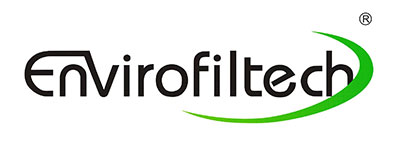HEPA filter – HEPA filter principle
The water to be treated by the filter into the body from the inlet, the impurities in the water deposited on the stainless steel filter, the resulting pressure. Through the pressure switch to monitor the inlet and outlet pressure changes, when the pressure reaches the set value, the electronic control to the hydraulic control valve, drive the motor signal, causing the following actions: motor driven brush rotation, cleaning the filter, while the control valve open The entire cleaning process only lasts for several tens of seconds. When the cleaning is finished, the control valve is closed and the motor stops rotating. The system returns to its original state and starts to the next filtration process.
After the equipment is installed, it is debugged by the technical personnel to set the filtration time and the cleaning conversion time. The water to be treated enters the body from the inlet and the filter starts to work normally. When the preset cleaning time is reached, the electronic controller supplies the hydraulic control valve , The motor signal, causing the following actions: motor driven brush rotation, the filter cleaning, while the control valve open for sewage, the cleaning process only lasts for several seconds, when the end of cleaning, close the control valve, the motor stops rotating, The system returns to its initial state and begins the next filtration process.
Filter inside the shell mainly by the coarse filter, fine filter, suction sewage pipe, stainless steel brush or stainless steel nozzle, seal, anti-corrosion coating, rotating shaft and other components. Water Treatment Materials Co., Ltd. production. Today, the HEPA filter rating is applicable to all very efficient air filters that may achieve filter efficiency performance criteria and minimum values as well as with the most recent NIOSH N100 equivalent values for artificial respirator filters . The US Department of Energy (Doe) has specific requirements for HEPA filters to be applied in doe regulation. Products claiming to be “HEPA type”, “HEPA” or “99% HEPA” do not meet these requirements in independent laboratories and can not be tested.


 العربية
العربية Español
Español Русский
Русский 中文 (中国)
中文 (中国)